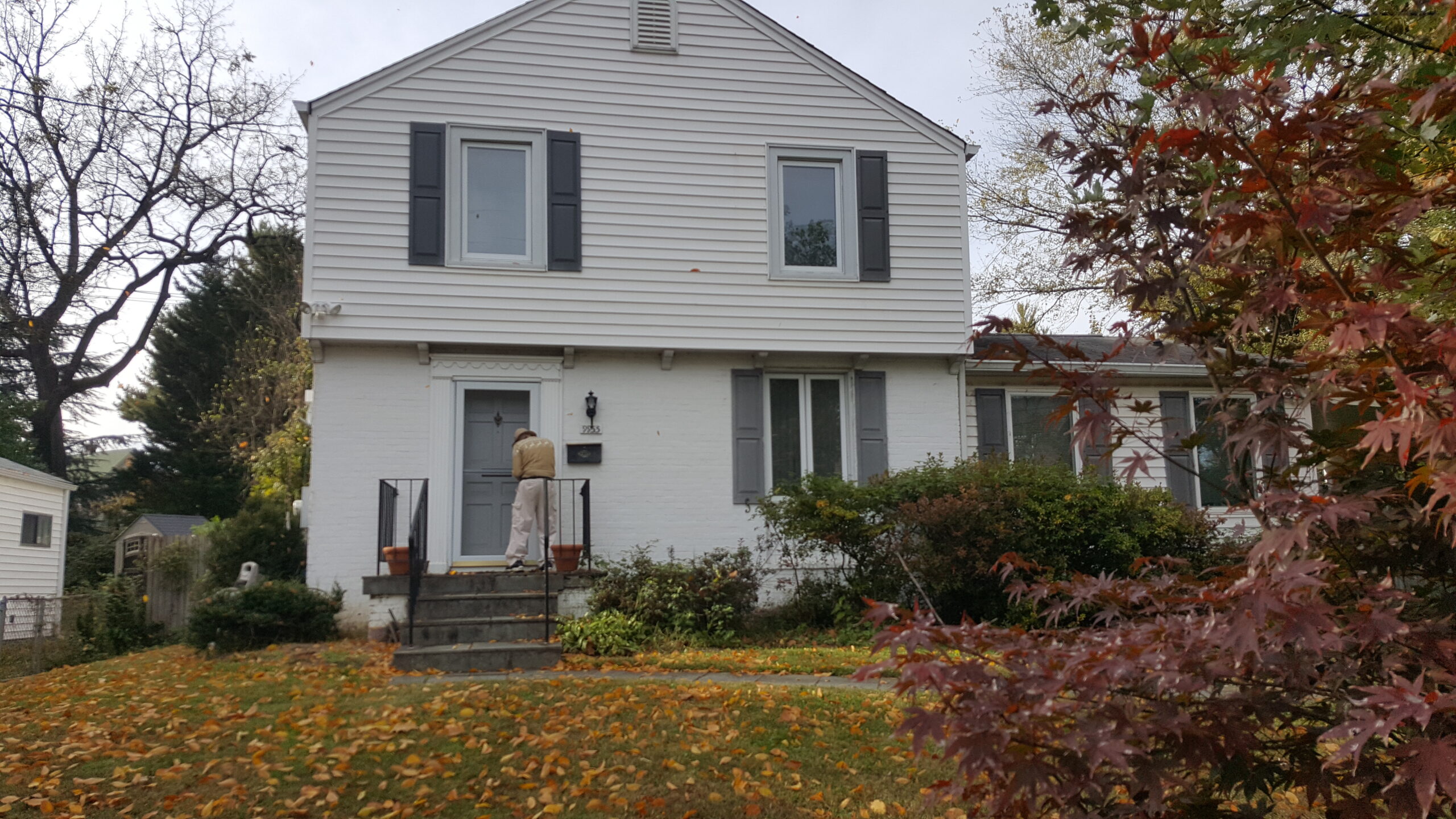Tenants, Landlords on Tenterhooks, Affordable Housing at Risk

Arlene Montemarano and her husband were neighbors before they were married. Rather than sell off their extra house when they moved in together, they turned it into affordable housing for residents of Silver Spring.
At around $500 a month, Montemarano’s four rental units went for an unbeatable price in Montgomery County, where the average monthly rent for an efficiency apartment often costs more than $1,200 dollars. She and her husband viewed it as a public service, and enjoyed meeting new tenants during the 12 years they rented the property.
“These rooms have never been empty, because the need’s great, always, for that kind of affordable shelter,” Montemarano said. “We actually have loved helping to fill that need. We’ve met many lovely and interesting people. Some stayed for a limited time, others for many of those 12 years.”
But the couple, who are both in their 80s, will soon be saying goodbye to those rental units. Montemarano and her husband are selling the property due to the financial hardships brought by the coronavirus pandemic.
The pandemic has been devastating for tenants in Maryland, where an estimated 292,000 households are at risk of losing their homes due to coronavirus-related loss of income. Unless a moratorium on evictions is expanded, many could soon be homeless.
A federal moratorium on evictions (from property with federally backed mortgages) expired on July 25, and the Maryland Judiciary has indicated that it will resume failure-to-pay rent eviction filings on Aug. 31. Advocates, lawmakers and Maryland Attorney General Brian E. Frosh (D), have called on Gov. Lawrence J. Hogan Jr. (R) to extend and expand Maryland’s eviction moratorium that continues as long as Maryland is in a state of emergency.
“It is unrealistic to expect that tenants who are currently unemployed or behind in their rent and other expenses, or unable to find childcare, will appreciate the implications and be able to respond to a summons for rent or debts they do not believe they would be able to pay anyway,” Frosh wrote.
But Montemarano cautioned that it’ll take more than a moratorium to help tenants and small landlords. While she and her husband have been fortunate enough to rely on savings in the months since the pandemic led to massive job losses, she warned that many small landlords are suffering without assistance from the state.
She said a moratorium alone, without any financial assistance, could put other small landlords out of business.
“We, as regular people renting to regular people, since March are being asked to bear the burden of supporting tenants who’ve lost their jobs because of the pandemic,” Montemarano said. “We can’t afford to do that anymore. We’ll no longer have this rental available for those who really need it.”
Hogan so far has allocated $30 million in federal funds toward rent relief and eviction prevention, but advocates and landlords alike say it’ll take more to prevent a flood of evictions. CASA, an immigrants’ rights group, has repeatedly called on Hogan to provide more than $150 million in additional rent relief.
A variety of county governments attempted to set up multi-million dollar rent relief programs during the early days of the pandemic, but quickly were overwhelmed with more applications than they could fund. Even after Montgomery County announced an additional $20 million toward eviction prevention and rental relief, County Executive Marc Elrich (D) noted that it would likely fall short of helping all renters.
Montemarano worries that affordable units bought up by bigger companies might see rent hikes, and could lead to less affordable housing in areas where it’s already few and far between. She said Congress can avoid a disaster for small landlords by providing more money toward rent relief in the next batch of coronavirus funding.
Whether Congress will do so is up in the air. While the HEROES act introduced by House Democrats would allocate $100 billion toward rental relief, the HEALS act, sponsored by Senate Republicans, would send only $3.3 billion toward already-existing housing vouchers. The HEROES act also calls for the extension of the federal moratorium on evictions, and the HEALS act does not.
Whatever comes out of Congress, Montemarano and her husband have made up their minds to sell their rental property. She wonders how many other small landlords in Maryland are facing the same difficult decision.
“How many are there in Maryland, just like us?” she asked. “If they’re all forced to withdraw, how much potential housing will be lost? It could be more than we think, a most serious of unintended consequences.”




 Creative Commons Attribution
Creative Commons Attribution